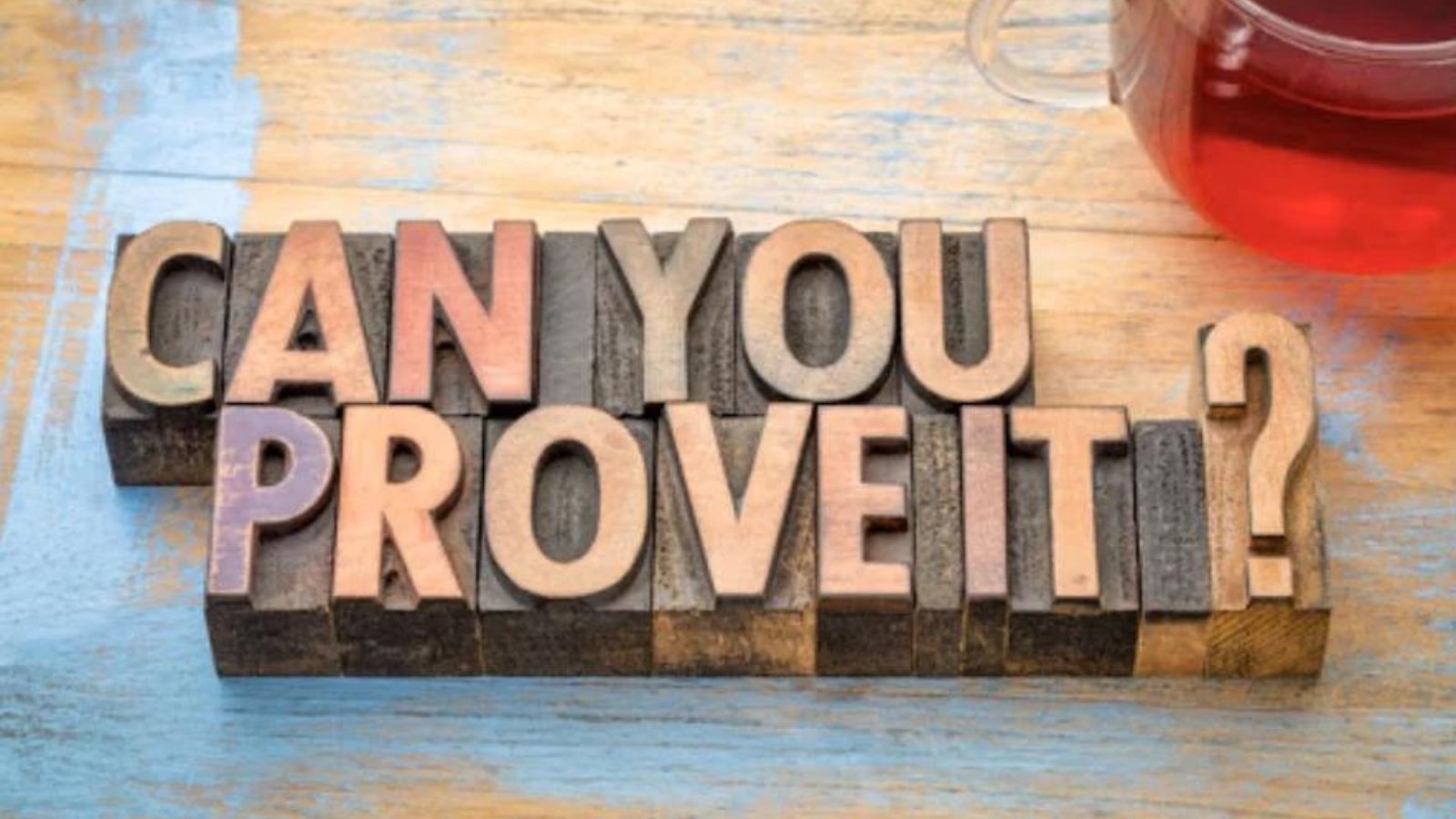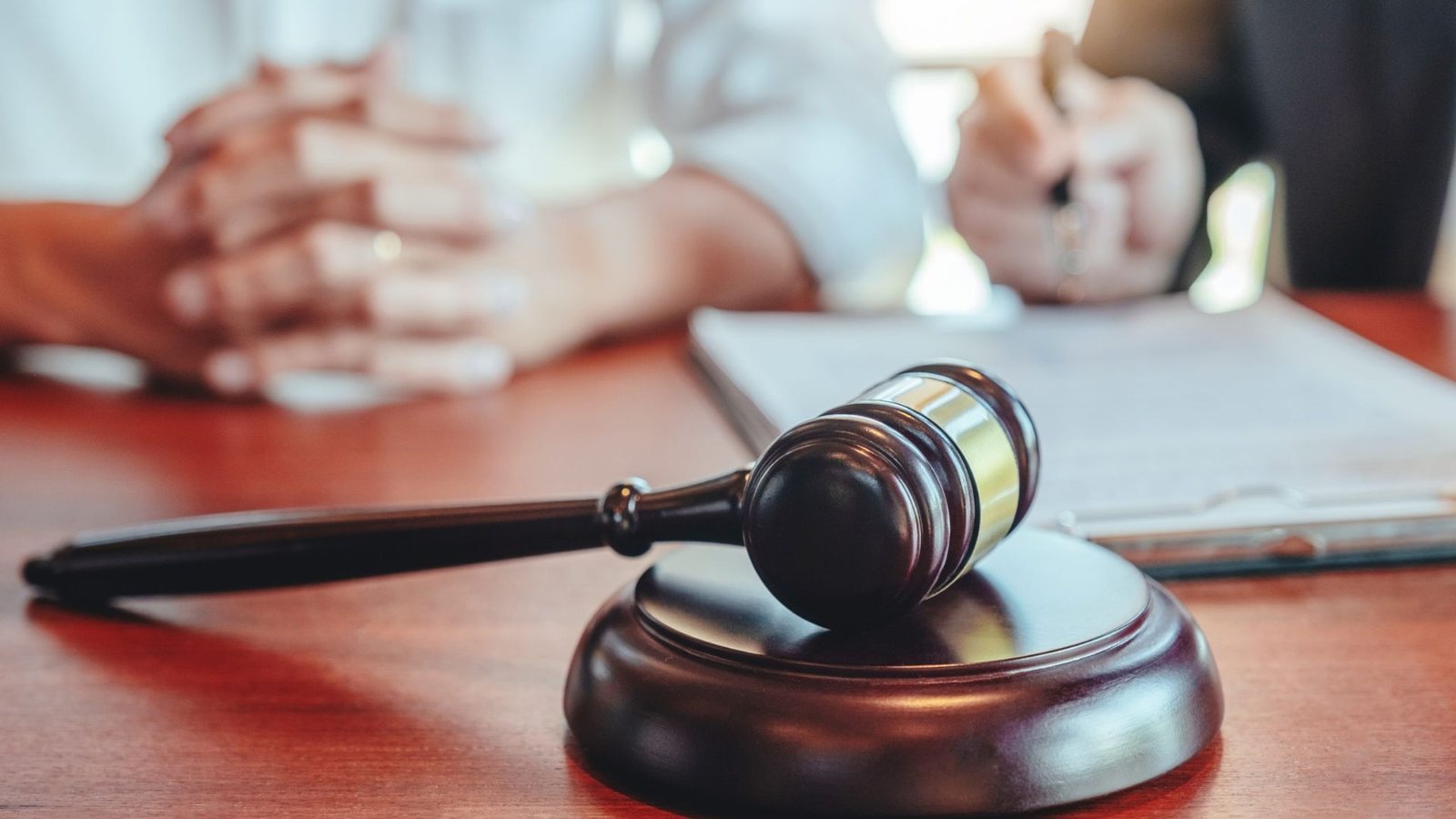In civil litigation, evidence is crucial for proving your case and supporting your claims. Properly gathering and preserving evidence ensures that you have the necessary documentation and information to build a strong case. Here’s a detailed guide on how to effectively gather and preserve evidence for a civil case:

Understand the Types of Evidence
Before gathering evidence, it’s important to understand the types of evidence that can support your case. Evidence generally falls into several categories:
- Documentary Evidence: Written or printed materials, such as contracts, emails, financial records, and letters.
- Testimonial Evidence: Statements from witnesses or experts who provide information relevant to the case.
- Physical Evidence: Tangible items related to the case, such as damaged property or personal belongings.
- Digital Evidence: Electronic data from computers, smartphones, or other digital devices, including text messages, social media posts, and files.
Collecting Documentary Evidence
- Identify Relevant Documents: Review the details of your case to identify documents that support your claims or defenses. This may include contracts, agreements, invoices, and correspondence.
- Request Documents: If certain documents are in the possession of the opposing party or third parties, you can request them through formal discovery requests or subpoenas.
- Organize and Label: Keep documents organized and clearly labeled to make them easily accessible. Consider using digital tools for sorting and managing documents.
Gathering Testimonial Evidence
- Interview Witnesses: Identify and interview individuals who have knowledge relevant to your case. Prepare questions to elicit detailed and useful information.
- Obtain Statements: Document witness statements through written affidavits or recorded interviews. Ensure that these statements are accurate and comprehensive.
- Consult Experts: For specialized knowledge, such as medical or financial expertise, consult with professionals who can provide expert opinions and testimony.
Collecting Physical Evidence
- Preserve Physical Items: If you have physical evidence, such as damaged property or objects related to the case, ensure they are properly stored and protected from further damage.
- Take Photographs: Use high-quality photographs to document the condition of physical evidence. Include context and scale to provide a clear representation.
- Document Chain of Custody: Maintain a detailed record of who handles the evidence and when, to establish its authenticity and prevent tampering.
Handling Digital Evidence
- Secure Devices: Protect electronic devices by securing them with passwords or encryption. Avoid tampering or altering the data.
- Create Backups: Make duplicate copies of important digital evidence to ensure it is not lost or corrupted. Use secure storage methods for backups.
- Preserve Metadata: Ensure that the metadata associated with digital files (such as creation dates and modifications) is preserved, as it can be crucial for proving timelines and authenticity.
Legal Considerations and Best Practices
- Follow Legal Procedures: Ensure that evidence is gathered and handled according to legal procedures to avoid challenges related to admissibility in court.
- Seek Legal Advice: Consult with an attorney to ensure that your evidence collection methods comply with legal standards and best practices.
- Avoid Tampering: Never alter or destroy evidence. Any tampering can lead to legal repercussions and weaken your case.
Preparing for Discovery and Trial
- Organize Evidence for Discovery: Prepare evidence for formal discovery processes, including disclosure to the opposing party. Ensure that all relevant evidence is included.
- Prepare Evidence for Trial: Create a well-organized presentation of evidence for use during trial, including exhibits and summaries that highlight key points.
By carefully gathering and preserving evidence, you can build a strong foundation for your civil case, increase your chances of success, and ensure that your claims are substantiated with reliable and well-documented information.









